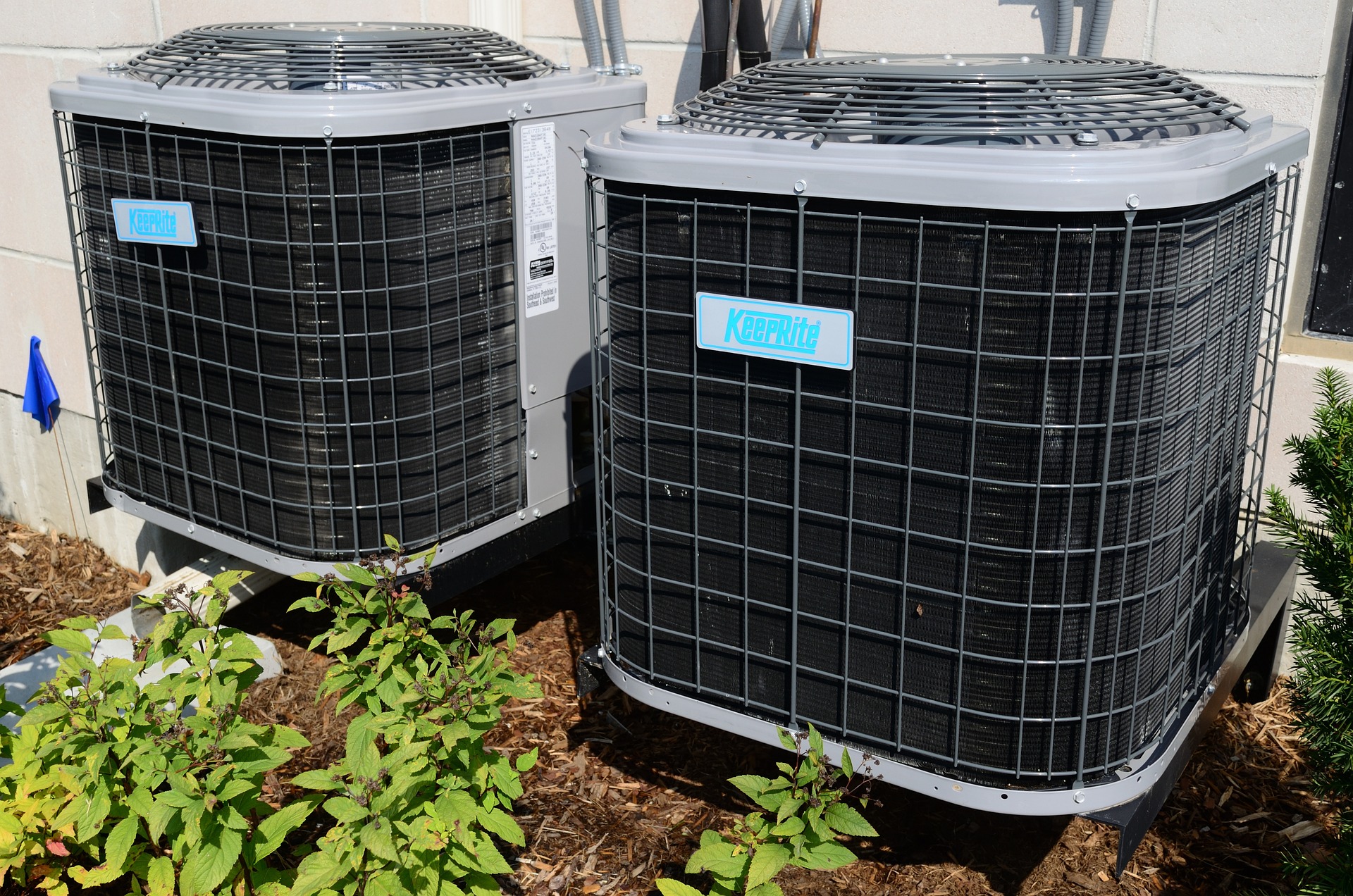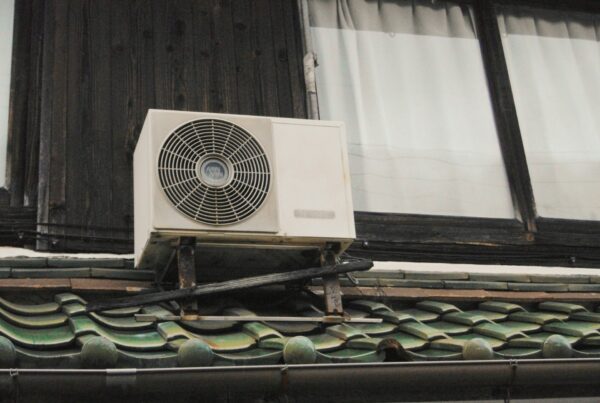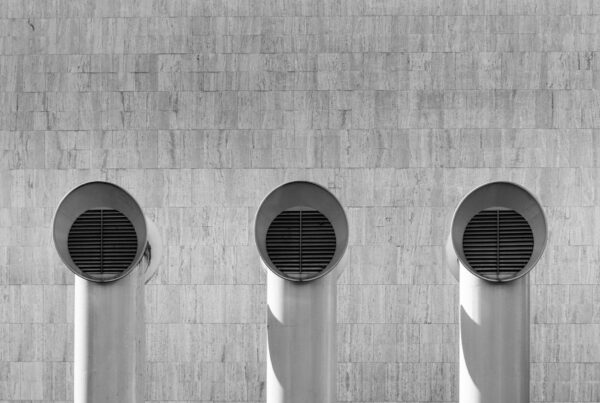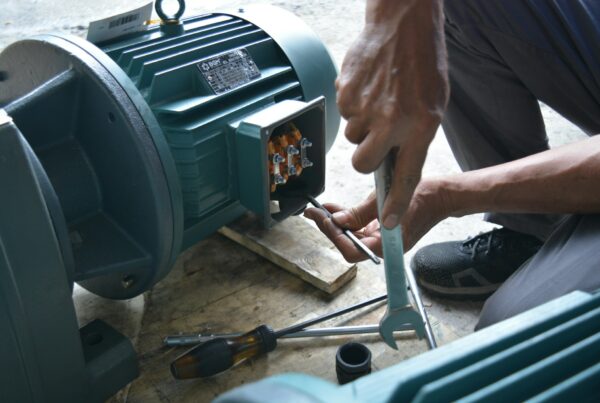Last Updated on March 21, 2024
For proper, comfortable living/working conditions to be realized, HVAC systems do a silent but very vital service. Heating, ventilation, and air conditioning (HVAC) systems equalize the inside atmosphere to ensure it feels homey no matter the prevailing weather outside.
However, all systems, no matter how good they are, need regular taking care to ensure they work well. This article discusses why regularly scheduled maintenance of HVAC systems makes financial sense and leads to long-term savings.
Yearly Maintenance: A Small Price for Big Savings
The adage “a stitch in time saves nine” especially applies to the practice of HVAC maintenance. The yearly maintenance checks help avert catastrophes that may be caused by minor damages turning major—which, in turn, cost you thousands or millions of dollars to fix.
An HVAC system that is properly maintained is in its most efficient state. With clean filters and good working parts, the system will use or expend less energy to bring heat into the house or to cool it, in return reducing consumption and saving you money on your home/office bills.
Efficiency Equals Economy
Regular maintenance of an HVAC system has some other benefits, such as the fact that maintenance will improve efficiency. When maintained, you will use less energy to maintain your premises at a certain temperature. That would mean that your reduced energy consumption is not only friendly to the environment but also friendly to your pocket.
As we also briefly mentioned earlier, through these few simple activities of changing an air filter, cleaning the duct, or looking for the source of a leakage, the efficiency of the system can definitely be enhanced.
Extending Your System’s Lifespan
Enhancing the longevity of the HVAC system is another financial benefit that comes with regular maintenance. Proper maintenance of your HVAC will make it last, on average, for a number of years longer than an HVAC that’s been neglected. Given the high cost of an HVAC system, longevity further ensures savings in terms of expense incurred by replacement. Regular check-up helps in trying to identify minor faults to be fixed before they become a big problem. Thus, no sudden full-scale costly repair or, worse, replacement of the entire system comes up.
Preventative Measures Against Costly Repairs
Any time the heating and air conditioning in a home goes out, it’s going to be instantly inconvenient and costly, particularly in the summer and winter. This is because calling a technician without scheduling makes it an emergency outcall, and this is charged at a higher rate. Thus, maintenance is essential to stay clear of these unpredictably untimely events. Having a maintenance team check once a year for issues helps you know that the system is in the best condition it can be in, and hence less likely to go down when least convenient.
Conclusion
The economic argument for regular HVAC maintenance is compelling. By ensuring that your system undergoes yearly maintenance—twice if you want it perfect—you are not only enhancing its efficiency and extending its lifespan but also securing a future of reduced energy bills and avoiding the high costs associated with emergency repairs. In essence, investing in regular HVAC maintenance is a proactive strategy that pays dividends in the long run, offering peace of mind and significant financial savings.





